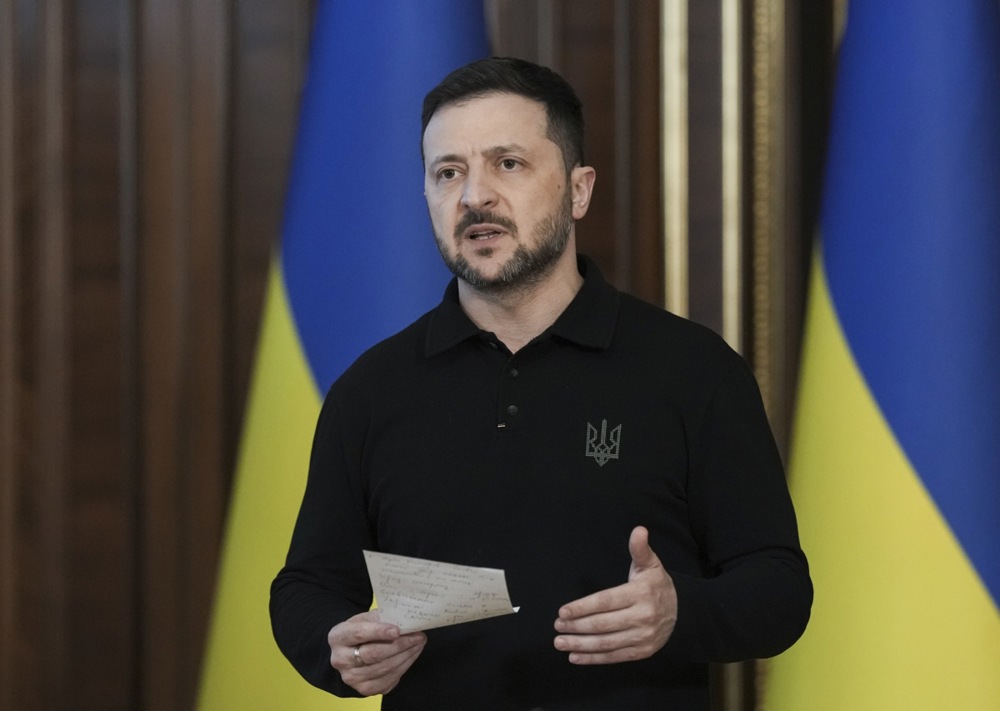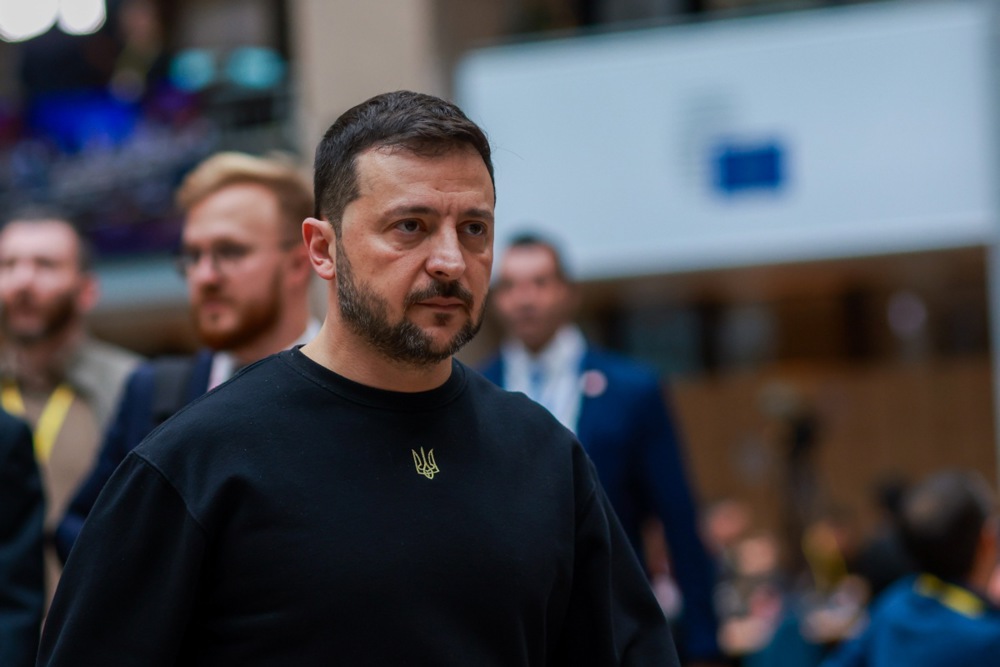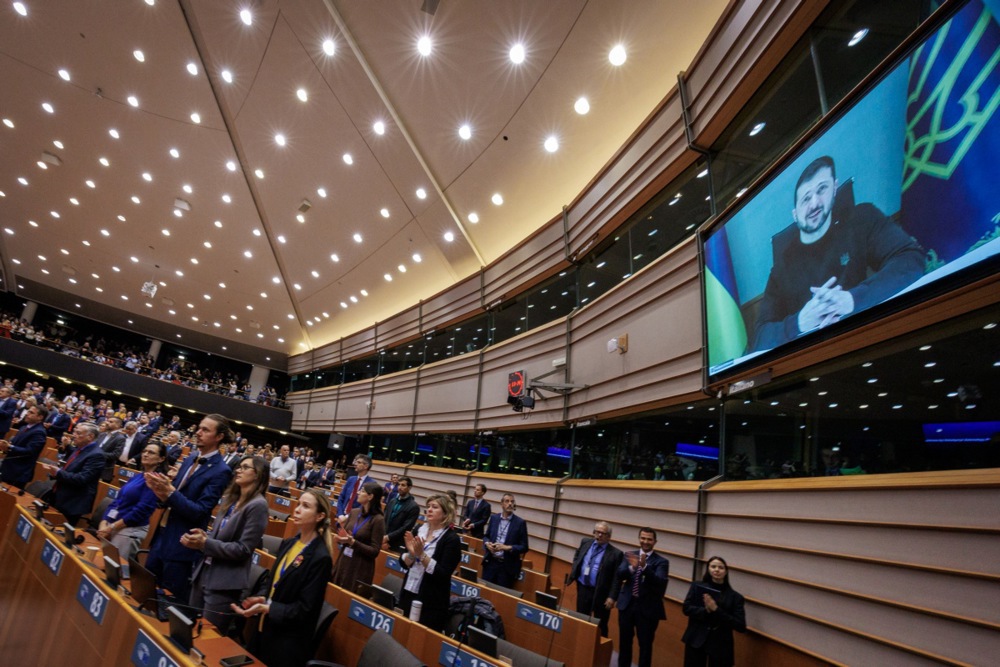The Ukrainian Government faced growing backlash after Zelensky signed a law limiting the independence of two anti-corruption agencies, the BBC reported on July 23.
The contentious bill granted control of the National Anti-Corruption Bureau (Nabu) and Specialised Anti-Corruption Prosecutor’s Office (Sap) to the prosecutor general, who was appointed by the President.
Thousands demonstrated in Kyiv for a second night on July 23, many brandishing signs criticising the government.
As protestors gathered, Zelensky acknowledged public anger and said he would submit a new bill to parliament in response to the criticism, although he offered no further details about what it would contain.
Kyiv’s western allies expressed their displeasure at the law. A spokesman for European Commission President Ursula von der Leyen said she had requested “explanations” from the Ukrainian Government.
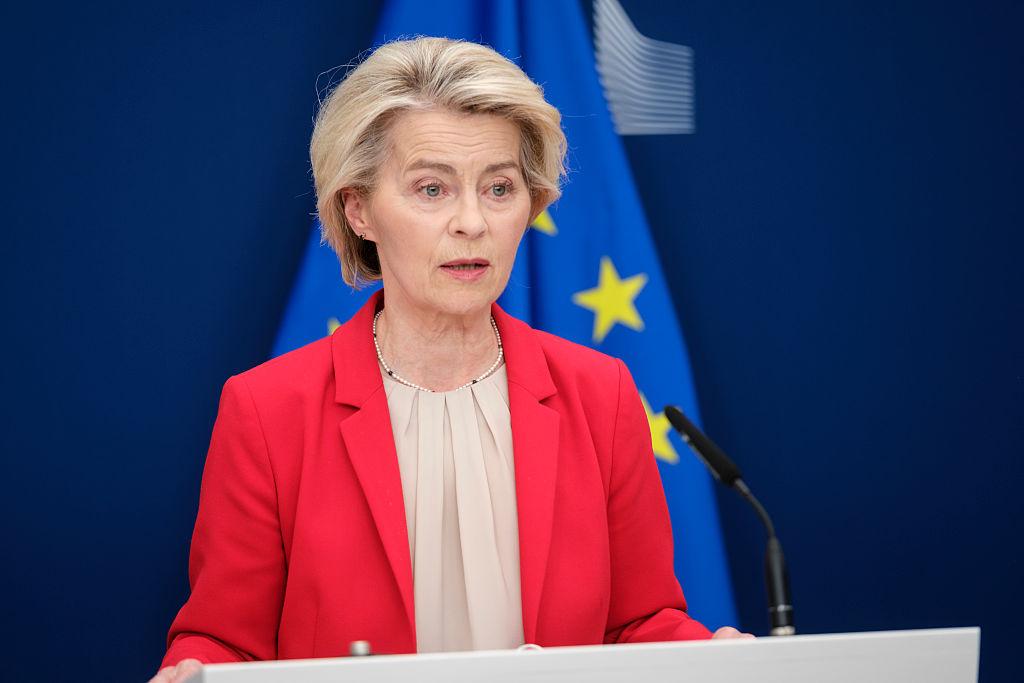
Zelensky argued provisions needed to be taken as Nabu and Sap were letting criminal proceedings stagnate for years and insisted they had to be “cleansed from Russian influence”.
He signed the bill into law late on July 22 after it received the backing of 263 MPs out of 324.
Many Ukrainians outside parliament – the Rada – disagreed with the decision. Critics said the law would severely undermine the Nabu and Sap’s authority and effectiveness.
Thousands had also gathered outside the President’s office in Kyiv to protest on July 22, with smaller rallies also taking place in Odesa, Dnipro, Lviv and Sumy – despite the continued threat from nightly Russian aerial attacks.
On the following evening, thousands more filled one of Kyiv’s main squares, among them young army veterans.
There was singing and chanting, with many of the young protesters holding signs denouncing the bill. Several waved placards that read “shame”, “12412 [the new law] sounds like 1984”, and “Parliament is full of parasites.”
The activists saw the move as a return to the corruption of a decade ago when Ukraine was ruled by pro-Russian then-president Viktor Yanukovych.
The gatherings constituted the largest anti-government demonstrations since Moscow launched its full-scale invasion of Ukraine in 2022.
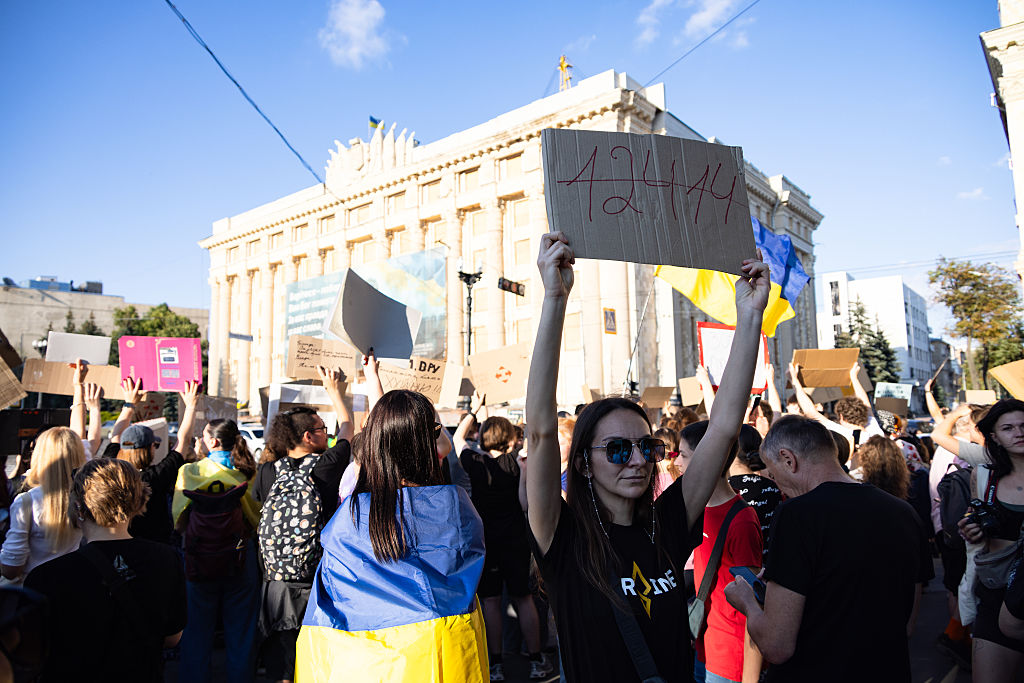
The fight against corruption has been seen as closely tied to Kyiv’s prospects for integration within the European Union – a path that started in 2014 when anti-government protests ousted Yanukovych in favour of closer ties with the west.
The creation of Nabu and Sap was one of the requirements set by the EC and the International Monetary Fund more than a decade ago in order to move towards a relaxation of visa restrictions between Ukraine and the EU.
In 2022, Kyiv was granted the coveted status of EU candidate – a significant development that boosted spirits and strengthened ties between Ukraine and its European backers.
Now, there was concern Zelensky’s move may undermine Kyiv’s growing proximity to the west – a cause for which many Ukrainians feel their country continued to pay the price of the Russian onslaught.
“Corruption lives – the future dies,” one placard at the Kyiv protests read.
Today started with the meeting with government officials and representatives of law enforcement agencies.
Of course, everyone has heard what people are saying these days – on social media, to each other, on the streets. It's not falling on deaf ears. We analyzed all concerns,… pic.twitter.com/Rcrp2MOXhP
— Volodymyr Zelenskyy / Володимир Зеленський (@ZelenskyyUa) July 23, 2025

